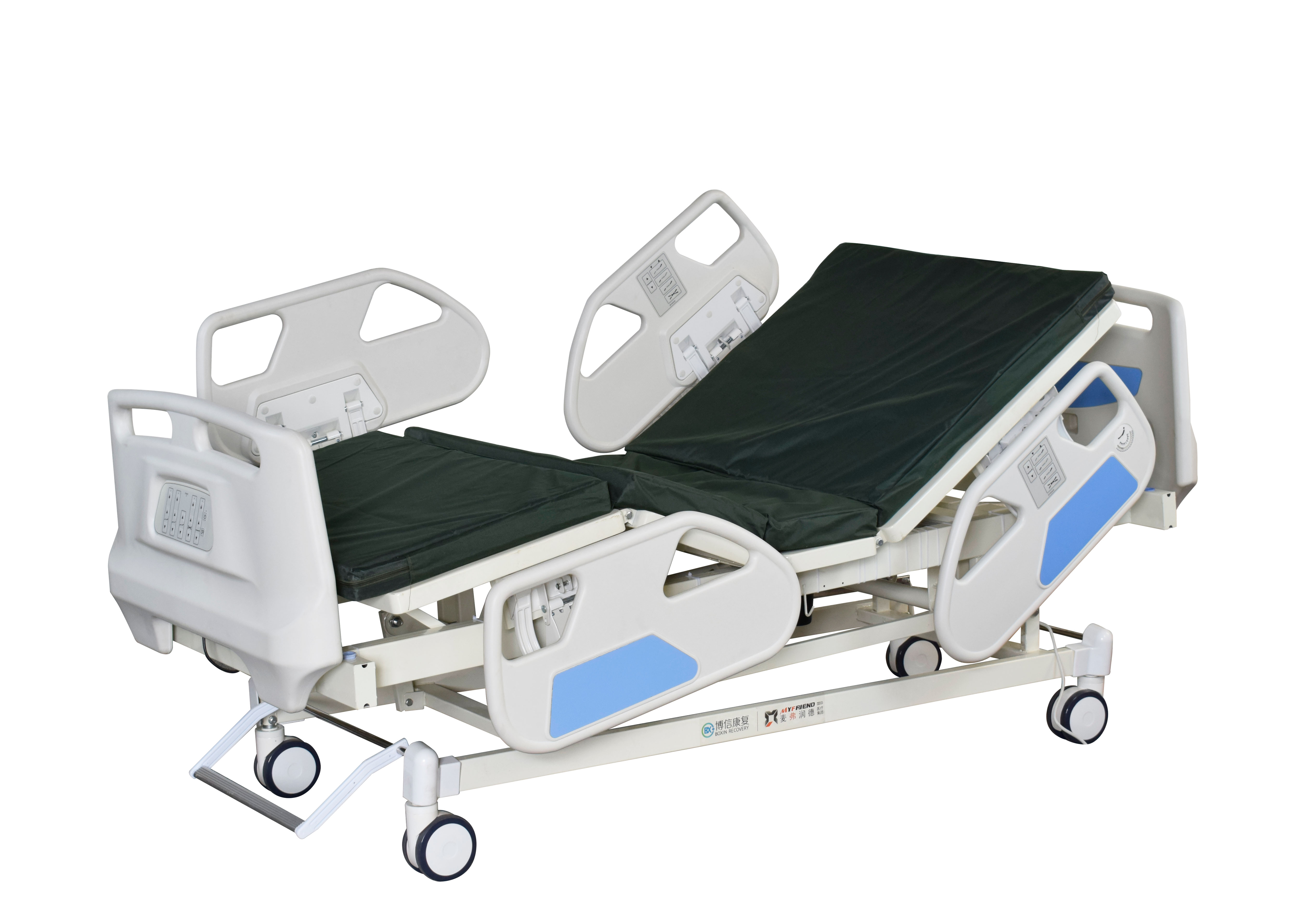Welcome to our websites!
surgical furniture
The Importance of Surgical Furniture in Modern Healthcare
Surgical furniture plays a pivotal role in the efficiency and effectiveness of surgical procedures. As the backbone of the operating room, surgical furniture encompasses a variety of items, including operating tables, surgical chairs, stools, and cabinets, all designed to enhance the functionality and safety of surgical interventions. In this article, we will explore the essential elements of surgical furniture, its implications for the healthcare industry, and the advancements that have transpired over the years.
1. Functionality and Design
The primary purpose of surgical furniture is to provide a stable, comfortable, and adjustable environment for both surgeons and patients during procedures. Operating tables are designed to accommodate a wide range of surgical specialties, featuring adjustable heights, tilt mechanisms, and attachments for securing patients in various positions. This versatility allows surgeons to operate efficiently while ensuring optimal access to the surgical site.
Surgical chairs and stools are equally important. Surgeons and medical staff often spend long hours on their feet, which can lead to discomfort and fatigue. Ergonomically designed stools and chairs allow easy mobility, supporting the medical team during intricate procedures. Additionally, adjustable backrests and footrests promote proper posture, minimizing the risk of musculoskeletal disorders.
2. Safety and Hygiene
In the high-stakes environment of the operating room, the elimination of safety hazards is crucial. Surgical furniture must be constructed from materials that are both durable and easy to clean. Non-porous surfaces prevent the harboring of bacteria and are resistant to stains and corrosion, ensuring that they can withstand the rigors of sterilization processes.
Moreover, modern surgical furniture often incorporates safety features such as locking wheels on mobile units, preventing unwanted movement during procedures. Integrated technologies, such as touchless controls and built-in lighting, further enhance safety by reducing the risk of contamination and allowing for better visibility in critical areas.
surgical furniture

3. Technological Advancements
Advancements in technology have significantly impacted the design and functionality of surgical furniture. For instance, the integration of hydraulic or electric systems allows for precise adjustments of operating tables, facilitating effortless transitions between positions. Furthermore, contemporary surgical tables often come equipped with advanced imaging technology, such as C-arm compatibility, which is essential for minimally invasive procedures.
Smart surgical furniture is also emerging as a trend. Systems that monitor patient vitals can be integrated into furnishings, providing real-time data to surgical teams without interrupting the workflow. This innovation ensures a higher level of patient safety and enhances surgical outcomes.
4. Customization and Specialization
With the varying requirements of different surgical specialties, the demand for customizable surgical furniture has increased. Manufacturers now offer options that cater to specific surgical needs, whether for orthopedics, neurosurgery, or cardiovascular procedures. Customization allows for optimal functionality, accommodating unique surgical techniques and instruments.
For instance, specialized tables with dedicated cutouts or attachments for specific instruments can enhance both comfort and accessibility, thereby improving surgical efficiency. This trend towards specialization reflects the ongoing evolution of surgical practices and the necessity for furniture that adapts to these changes.
Conclusion
In conclusion, surgical furniture is an integral component of modern healthcare, greatly influencing the efficiency, safety, and ergonomics of surgical procedures. As technology continues to evolve, surgical furniture must also adapt, offering innovative solutions that meet the ever-changing demands of the medical field. Investing in high-quality, specialized surgical furniture is not just a matter of convenience; it is a commitment to patient care, surgical excellence, and the overall advancement of healthcare practices. By understanding and prioritizing the importance of surgical furniture, healthcare providers can ensure that they create an optimal environment for both patients and medical professionals alike.
-
Transforming Healthcare with Hospital FurnitureNewsJun.24,2025
-
Rehabilitation EquipmentNewsJun.24,2025
-
Mobility and Independence with WheelchairsNewsJun.24,2025
-
Freedom of Mobility with Our Rollator WalkersNewsJun.24,2025
-
Comfort and Independence with Commode ChairsNewsJun.24,2025
-
Bathing Safety and Independence with Shower ChairsNewsJun.24,2025
-
Navigating the Wholesale Landscape of Electric Mobility Solutions: Key Considerations for Power Wheelchair DealersNewsJun.10,2025











